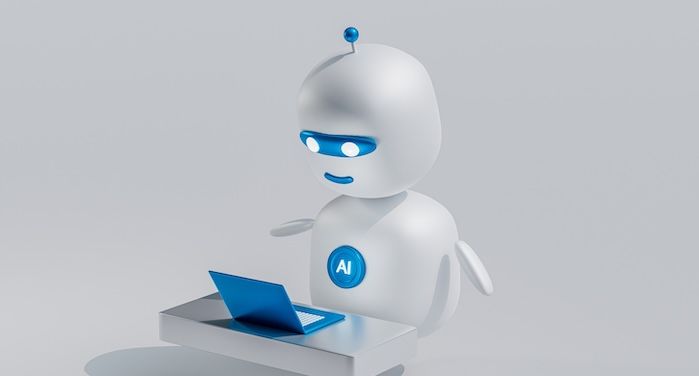Products You May Like

This content contains affiliate links. When you buy through these links, we may earn an affiliate commission.
Welcome to Today in Books, where we report on literary headlines at the intersection of politics, culture, media, and more.
Simon and Schuster and…Zuckerberg?
There is a lot to digest in this deeply reported piece about the shortcuts Meta, OpenAI, and Google have taken to access data for training their models, but the nugget that really raised my eyebrows is that last year, leadership at Meta discussed buying Simon & Schuster. I’ll admit it hadn’t occurred to me that a tech company would consider buying a publisher since they unapologetically used a data set of nearly 200,000 copyrighted works to train large language models without dropping a single penny into publishing’s coffers, but it does make sense that when faced with the possibility of having to pay for the milk they’d been taking for free, they’d talk about buying the cow. Publishing industry folks have had plenty feelings about S & S being sold to private equity firm KKR, and I can’t help but wonder how those responses would have been different if they’d known that a possible alternative was a sale to Zuck and Co.
Just the Bullet Points, Ma’am
It’s a simple supply-demand situation: some people want to get the information in books without actually reading the books, and other people are quite happy to provide that service for a fee. Here in the 21st century, we don’t pay have to pay off the class nerd or pony up a few bucks for Cliffs Notes because there’s an app for that. Now, I understand why authors don’t like these book-summary services, especially when they’re watching tech companies steal their copyrighted materials, but pearl-clutching pieces like this don’t do much to make me sympathetic to the cause.
- There’s no data cited to support the assertion that book-summarizing tools are cannibalizing sales rather than providing a service to people who were never going to buy the books. That’s likely why publishers sign on to give Blinkist and similar services permission to summarize their titles.
- Business/leadership/self-help books, fueled in no small part by bulk corporate purchases, are one of the more consistently robust categories in the publishing industry. James Clear and his crew are doing just fine.
- While there are plenty reasons to be concerned about an erosion of critical thinking today, we’d do better to focus on social media and the modern information environment. Book-summarizing apps aren’t doing anything new, they’re just using new technology.
And don’t even get me started on the “this meeting could have been an email” nature of an egregiously high percentage of books in this category. I’ve read and valued a LOT of these kinds of books (I do write the Better Living Through Books newsletter after all), but it’s just true that many of them should have stayed TED Talks or HBR articles.
Romance is in Bloom
Pack a picnic and pick up one of these 9 romances for spring and summer. I can vouch for A Love Song for Ricki Wilde.
Every Tuesday, we pick the “it” books of the week. Subscribe to Today in Books to get access to our daily news round-up and more premium content.